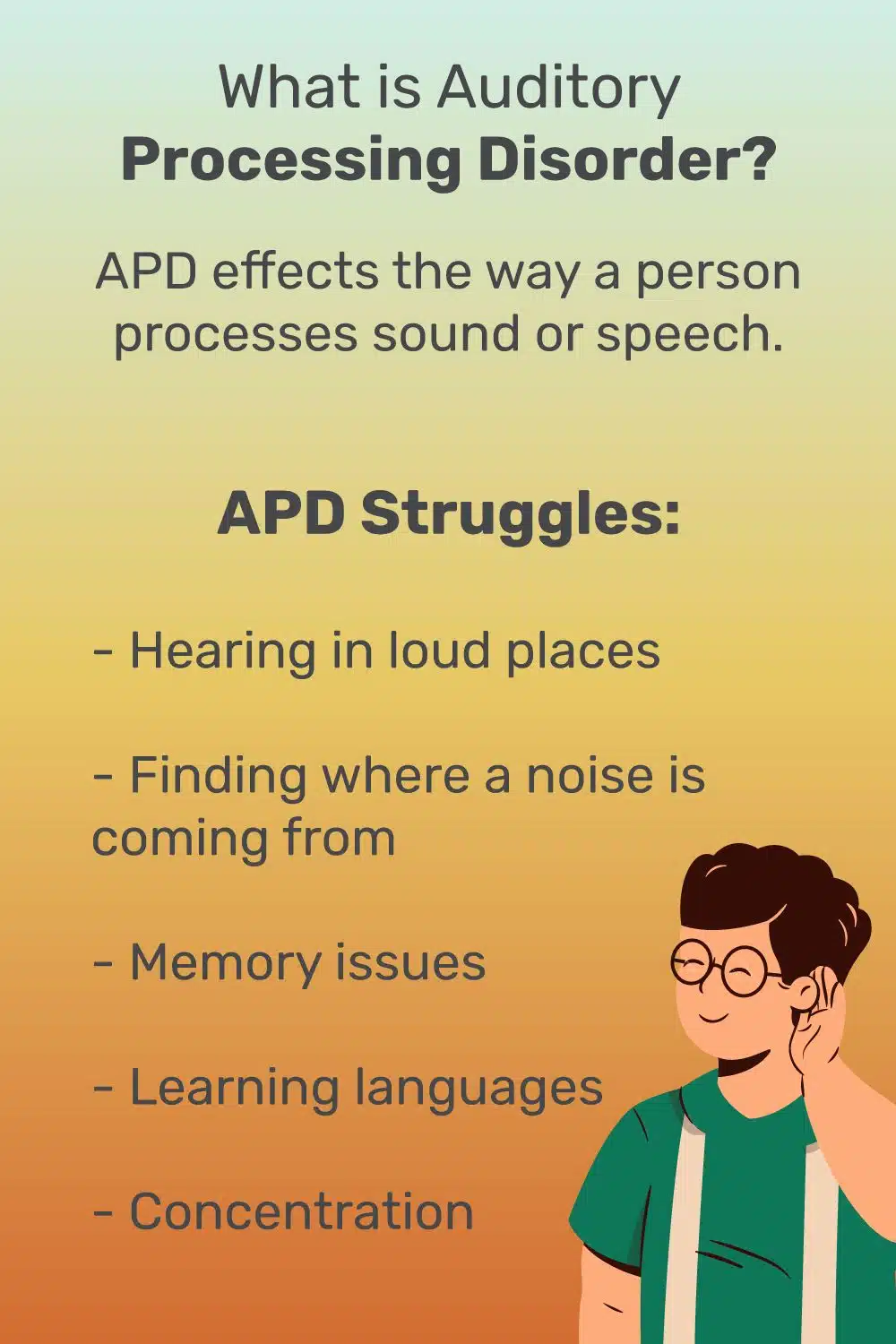Auditory memory is a fascinating cognitive process that allows us to process and retain the information we hear. Let’s take a closer look at how it works and some examples of it in action:
- Processing Sounds: When we hear sounds, our auditory system sends the information to the brain for processing.
- Short-Term Storage: Auditory memory stores the sounds temporarily, like a mental snapshot, for a brief period.
- Selective Attention: Our brain filters and selects which sounds are important and must be remembered.
- Encoding and Retrieval: Auditory information is encoded in the brain through neural connections, enabling us to retrieve it later.
- Repeating and Rehearsing: Repeating or rehearsing the information helps strengthen the memory traces in auditory memory.
- Remembering Words and Sentences: Auditory memory allows us to remember spoken words, sentences, and conversations.
- Following Directions: It helps us process and retain verbal instructions, such as in a classroom or home setting.
Auditory memory is a dynamic process that enables us to comprehend, recall, and engage with our environment’s sounds and spoken language. It plays a crucial role in communication, learning, and daily interactions. Goally, a tablet device with interactive apps, including digital visual schedules, AAC tools, and gamified learning, can assist in developing and improving auditory memory skills for children with special needs. Its comprehensive approach, encompassing emotional regulation, executive functioning skills, and social skills training, enhances the support for children facing auditory memory challenges.














